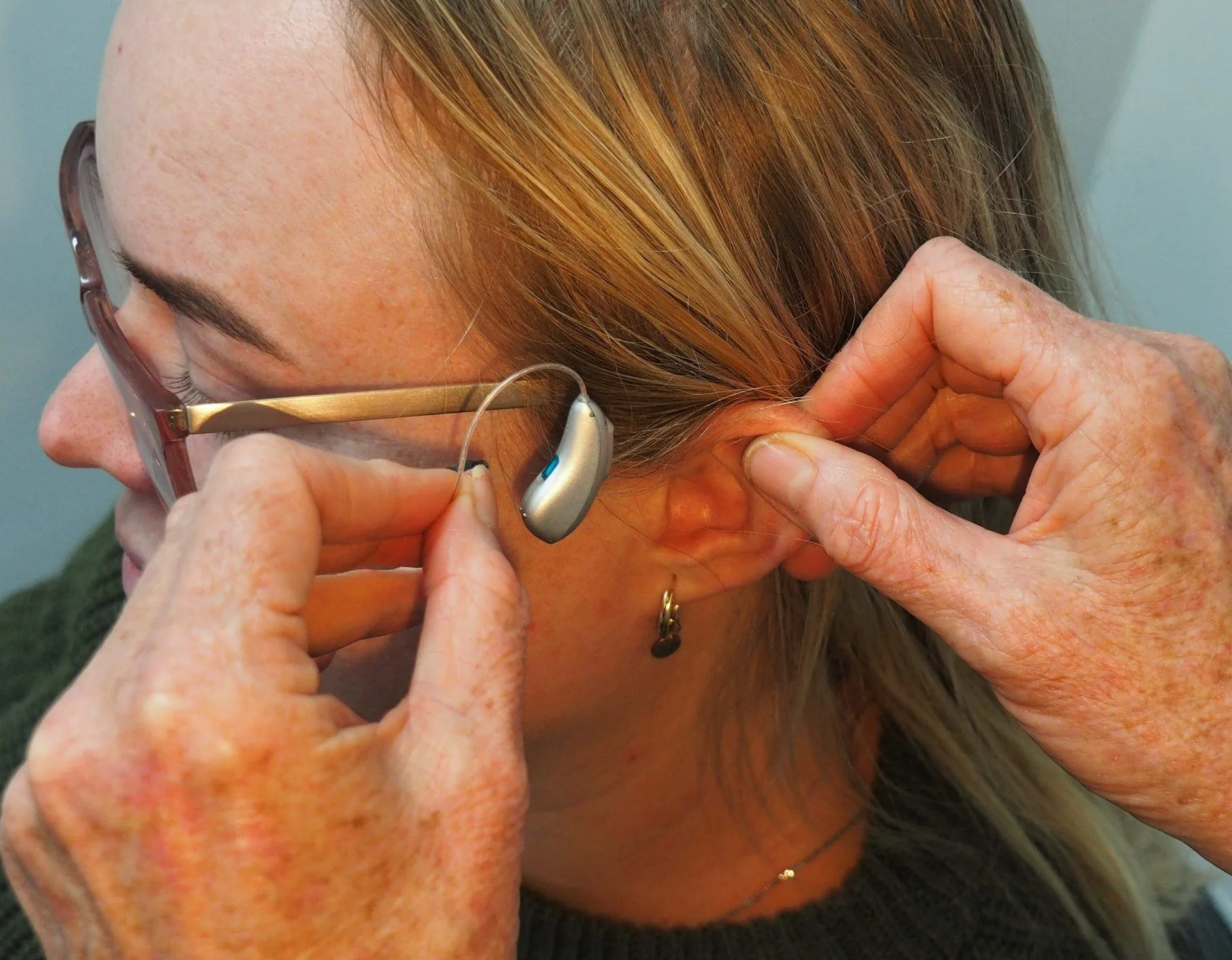Hearing loss can occur at any age, but is especially common as we get older. However, childhood hearing problems are not uncommon either. Understanding the typical causes of hearing impairment can help us take steps to protect our hearing or get treatment when needed. Longevity Live Paid Content.
Age-Related Hearing Loss in Adults
In adults, the most prevalent source of hearing difficulties is simply aging. As we get older, structures within the ear start to degrade, including tiny hair cells in the inner ear that detect sound waves and convert them to electrical signals that the brain interprets. By the time someone reaches age 60, they have typically lost some hearing capacity compared to their younger years. The degree of loss varies considerably between individuals, though. Noise exposure throughout life often accelerates age-related decline.
Noise-Induced Hearing Loss in Adults
After age-related deterioration, noise exposure is the next most common reason for hearing trouble in grown-ups. Loud noises from heavy machinery, concerts, sporting events, nightclubs, and similar environments contribute to the loss over time. Even loud music through headphones can be problematic with regular lengthy exposures. The volume, pitch, and duration of noise all play a role in potential harm to hearing mechanisms.
Other Causes in Adults
Other key causes include earwax build-up, infections or viruses, head injuries that affect the auditory nerves or inner ear, abnormal growths, certain medications that can damage structures in the ear, and genetic conditions.
Less commonly, underlying health issues like heart disease, high blood pressure, diabetes, and autoimmune disorders may also contribute to balance problems or hearing decline.
Causes of Hearing Loss in Children
In babies and children, hearing loss usually stems from different sources compared to later life stages. One substantial contributor is complications around the birthing process. Difficulties like oxygen deprivation, unusual positioning in the womb, lack of fluid, or physical ear trauma during delivery may all impede development and function. Premature birth also heightens numerous risks.
Childhood Illnesses
Childhood illnesses raise the chances of hearing impairment too. Infections like meningitis, measles, flu, and mumps can all impact hearing. Serious ear infections that become chronic or recurrent also harm delicate inner ear components. Some prescription medications can influence function.
Other Causes in Children
As with grown-ups, loud noise and direct injury raise the likelihood of pediatric hearing troubles. Other causes resemble those in adults, such as genetic or growth issues, but manifest differently in children.
While reasons vary widely between age groups, protecting hearing early through precautions and prompt treatment provides the best assurance of retaining good hearing for as long as possible.
Hearing Tests
Hearing tests from Hear Clear NI are important to evaluate the function and identify any underlying issues that may be causing problems. Some common tests include:
- Audiometry – Determines hearing ability at different pitches and volumes. The person wears headphones and indicates when they hear certain tones.
- Tympanometry – Checks for fluid or pressure buildup behind the eardrum by measuring eardrum movement in response to air pressure changes.
- Acoustic reflex test – Tests reflexes that protect the inner ear from loud noise by presenting loud tones and monitoring muscle contractions.
Regular hearing assessments allow early detection of declines and prompt treatment to prevent further deterioration where possible. Tests may reveal wax blockages, infections, or other treatable issues contributing to hearing difficulty.
Who is the author?

Boris Dzhingarov





![women [longevity live]](https://longevitylive.com/wp-content/uploads/2020/01/photo-of-women-walking-down-the-street-1116984-100x100.jpg)










